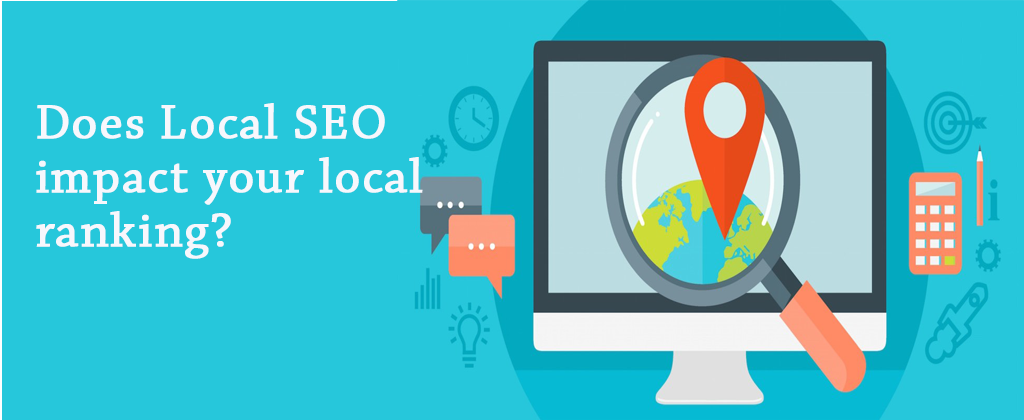Measuring carbon emissions is no longer optional for businesses. With stricter regulations and growing environmental concerns, companies must accurately track and report their greenhouse gas (GHG) emissions. However, manual data collection and calculations can be overwhelming, leading to errors and compliance risks.
Thankfully, technology has made things easier. Carbon accounting software simplifies the process, ensuring businesses can manage emissions data efficiently. These tools help organisations stay compliant, reduce their carbon footprint, and make better sustainability decisions.
Let’s explore the best GHG software solutions, emerging trends in carbon accounting, and what businesses should look for when choosing the right tool.
Best GHG Software Solutions in 2024
Carbon accounting software is transforming how businesses measure and report their emissions. These tools automate data collection, improve accuracy, and ensure compliance with international standards. Let’s dive into the best solutions available in 2024.
-
Olive Gaea – Sustainability Solutions for Businesses
Olive Gaea provides an end-to-end carbon management platform that seamlessly helps companies measure, reduce, and offset their emissions.
- What sets it apart? Offers real-time tracking and automated reporting for businesses of all sizes.
- Best for: India and UAE companies looking for localised sustainability solutions.
- Extra benefits: Access to carbon offset programs to help businesses achieve net-zero goals.
With Olive Gaea, companies can integrate sustainability into their core operations without adding complexity.
-
Sphera – Comprehensive Carbon Management
Sphera is a robust carbon accounting tool designed for large enterprises. It offers detailed sustainability reporting and integrates with multiple data sources.
- What makes it stand out? It automates data collection from energy consumption, transportation, and supply chains.
- Best for: Businesses looking for an all-in-one solution that covers compliance, risk management, and carbon reduction planning.
- Compliance Support: Aligns with global frameworks such as GHG Protocol, CDP, and ISO 14064.
If your company operates in multiple locations and needs a centralised sustainability platform, Sphera is an excellent choice.
-
Normative – Automated Compliance and Reporting
Normative specialises in automated GHG reporting, ensuring companies comply with sustainability regulations.
- Main advantage: It collects data from financial records and automatically calculates emissions.
- Best for: Businesses that want to streamline compliance without spending hours on manual data entry.
- Why it matters: It helps companies achieve carbon neutrality by identifying high-emission areas.
For organisations struggling with compliance, Normative removes the complexity of emission calculations.
-
Sweep – Scalable Solution for Multi-Location Businesses
Sweep is a user-friendly carbon accounting tool for businesses operating in different regions. It provides a collaborative platform to track emissions across supply chains.
- Best feature: Customizable dashboards for monitoring sustainability goals.
- Who should use it? Companies with global operations that need seamless carbon data integration.
- Extra perk: Helps businesses connect with carbon offset programs.
Sweep is an excellent choice if your company wants GHG data made easy while managing multiple business locations.
-
Sinai Technologies – Carbon Risk Management
Sinai goes beyond basic carbon accounting by helping businesses predict and manage climate risks.
- Unique selling point: Provides scenario analysis to evaluate long-term emission strategies.
- Best for: Companies looking for in-depth climate risk forecasting.
- Extra edge: Helps businesses simulate different sustainability plans before implementation.
For businesses serious about future-proofing their sustainability efforts, Sinai is a smart investment.
What’s the Future of Carbon Accounting?
Carbon accounting is evolving rapidly. With new regulations, technological advancements, and corporate sustainability goals, businesses must stay ahead. Here are the key trends shaping the future of carbon accounting:
-
AI and Machine Learning for Automated Carbon Tracking
Artificial intelligence (AI) is making carbon accounting smarter. AI-powered tools can analyse vast emissions data, predict future trends, and provide actionable insights.
- What’s changing? Businesses will rely more on AI-driven tools for real-time monitoring and compliance management.
- Why it matters: Reduces human errors and speeds up the decision-making process.
-
Blockchain for Transparent and Secure Data Management
Blockchain technology is being used to track and verify carbon data securely. It helps prevent data manipulation and ensures that emissions reporting is transparent.
- Who benefits? Businesses that require auditable and tamper-proof carbon records.
- Real-world example: Some companies already use blockchain to manage carbon credit trading.
-
Carbon Market Integration for Better Offsetting
Companies are increasingly participating in carbon offset markets, where they can buy carbon credits to compensate for emissions.
- What’s new? Many GHG software solutions now integrate with carbon credit trading platforms.
- Why it’s important: Businesses can actively contribute to global climate goals while staying compliant.
-
Cloud-Based Carbon Accounting for Remote Accessibility
Cloud-based carbon tracking platforms are becoming the norm, allowing teams across different locations to access sustainability data in real time.
- Why it’s trending: Enables collaborative emissions management for large organisations.
- Biggest advantage: Ensures all teams, from finance to operations, have access to the same accurate data.
-
Stricter Global Regulations and Reporting Standards
Governments worldwide are introducing stricter carbon reporting regulations. Companies will need to adapt to new reporting standards and real-time tracking requirements.
- What to expect: More businesses will use automated GHG software solutions to meet compliance demands.
- Who’s affected? Any business operating in countries with carbon tax policies or emission reduction targets.
What’s Next?
Carbon accounting is no longer a choice—it’s a necessity. Businesses that track, manage, and reduce emissions will stay ahead in a world shifting towards sustainability. The right GHG software solution simplifies compliance, enhances accuracy, and helps companies meet environmental goals efficiently.
Choosing the right tool today ensures a future-proof sustainability strategy.
For businesses in India and the UAE, finding the right partner for carbon accounting is crucial. Olive Gaea offers cutting-edge sustainability solutions to help companies easily measure, manage, and reduce their carbon footprint.
Now is the time to take action—because a greener future starts with accurate carbon accounting.



